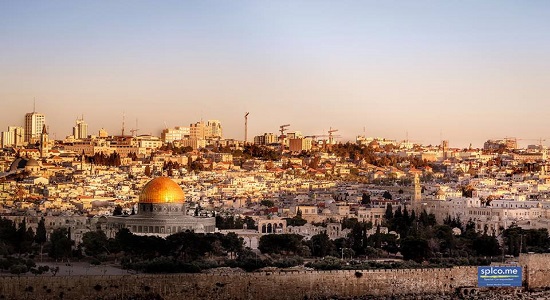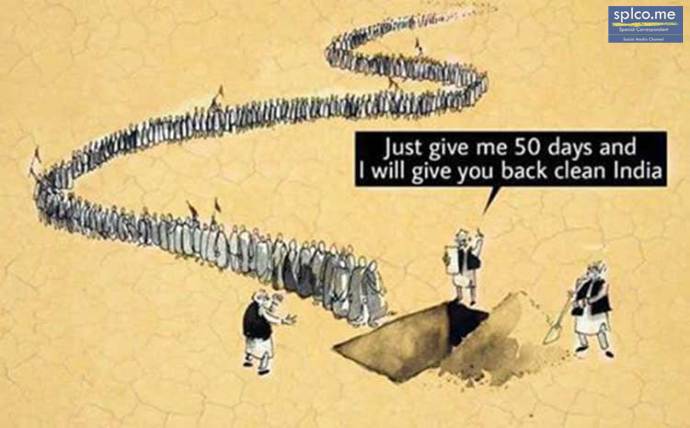President Donald Trump announced on Wednesday that the United States recognises Jerusalem as the capital of Israel and that it will move its embassy to the holy city.

In doing so, Trump is breaking with longtime US policy and potentially threatening regional stability, despite warnings from Western and Arab allies.
After the Second World War, the State of Israel was established and gradually recognized ‘de jure’ or lawfully by most of the world’s countries. However, although the U.N. recognized the state of Israel in 1948, allowing it to become a member state, it placed the whole city of Jerusalem under international control (a ‘corpus separatum’) on Dec. 13 1949. Despite this, most governmental offices moved to the city.
But in 1967, during the Six-Day War, Israel captured the eastern section of Jerusalem, which Jordan presided over, and declared Israeli law, jurisdiction and administration would be applied to the whole city. Israel’s occupation of East Jerusalem has been considered illegal under international law and was condemned by the U.N., as well as other states.
In 1980, the Knesset declared that “Jerusalem, complete and united, is the capital of Israel,” but this law was declared null by the U.N., which called for the removal of the remaining embassies in the city. A statement from Israel’s Foreign Ministry called the resolution “unjust” and “additional proof that the U.N. organization has been converted into an instrument in the hands of Israel’s enemies in their war against her existence and independence.”
Countries continued to locate their foreign embassies in Tel Aviv, Israel’s second largest city, situated on the Mediterranean coast, and the refusal to recognize Jerusalem as Israeli territory has become a near-universal policy among Western nations. To this day, no countries have an embassy in Jerusalem.
But why then USA President Trump planning to recognise Jerusalem as Israel’s capital and move the embassy there?
There has long been pressure from pro-Israel politicians in the United States to move its embassy from Tel Aviv to Jerusalem, and Trump made it a signature promise of his campaign during the 2016 presidential election.
It is a decision that will likely be popular with many conservative and evangelical Christians in his political base. Many of them support political recognition of Israel’s claim to the city. vice president Mike Pence and David Friedman, the ambassador to Israel appointed by Trump, are thought to have pushed hard for both recognition and embassy relocation.
Jerusalem is a city that is sacred to three of the great monotheistic faiths: Judaism, Christianity and Islam, and each has sites of great religious significance there. It has been fought over for millennia by its inhabitants, by invading Romans, Crusaders, Ottomans and the British Empire, and by the modern states of Israel and its Arab neighbours.
Israel’s government regards Jerusalem as the eternal and indivisible capital of the country, although that is not recognised internationally.
Palestinians feel equally strongly, saying that East Jerusalem must be the capital of an eventual Palestinian state. The city even has different names. Jews call it Jerusalem, or Yerushalayim, and Arabs call it Al-Quds, which means “The Holy”.
At the heart of Jerusalem’s Old City is the hill which is known to Jews across the world as Har ha-Bayit, or Temple Mount, and to Muslims internationally as al-Haram al-Sharif, or The Noble Sanctuary.
It was home to the Jewish temples of antiquity but all that remains of them above ground is a restraining wall for the foundations built by Herod the Great. Known as the Western Wall, this is a sacred place of prayer for Jews.
Within yards of the wall, and overlooking it, are two Muslim holy places, the Dome of the Rock and the Al-Aqsa Mosque, which was built in the 8th century. Muslims regard the site as the third holiest in Islam, after Mecca and Medina.
The city is also an important pilgrimage site for Christians, who revere it as the place where they believe that Jesus Christ preached, died and was resurrected.
In recent days, Palestinian factions have called for protests, and Arab leaders across the Middle East have warned that a unilateral American move could lead to turmoil, and hamper U.S. efforts to restart long-stalled Israeli-Palestinian peace talks.














